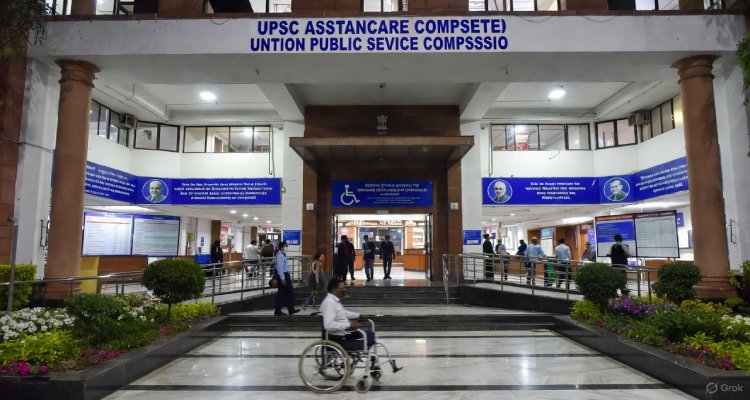Why Some Places Erase Your Memory of Visiting Them
Some destinations seem to blur from memory as if they were never visited. Explore the science, psychology, and mystery behind places that erase our recollections.
Introduction: The Vanishing Imprint of Place
Have you ever returned from a trip only to realize that parts of it feel strangely blank—almost as if you had never been there? While some vacations leave vivid imprints of colors, sounds, and emotions, others fade quickly, blurring into nothing more than a vague recollection. This phenomenon—where certain places seemingly erase or dull our memory of visiting them—has long intrigued psychologists, travelers, and cultural historians alike.
Context & Background: The Geography of Forgetting
Memory is not just a personal archive; it is deeply connected to setting and environment. Landmarks, sensory cues, and emotional experiences act as anchors that help us recall events. Yet, not all places provide such anchors.
Modern travel surveys show that while people often remember “big trips” like Paris or Machu Picchu vividly, their memories of stopover towns, airports, or generic resorts tend to fade. Scientists call this the “context gap”—when a place does not provide enough unique stimuli to lock memory into long-term storage.
But there’s more to it than just “forgettable scenery.” Some places are designed—or naturally structured—in ways that disrupt how our brains process memory.
Main Developments: Why Memories Slip Away
Researchers point to three key reasons why some destinations seem to erase themselves from memory:
1. Uniform Environments
Chain hotels, modern shopping malls, and even some urban centers often look and feel identical around the world. When places lack distinctive features, the brain struggles to differentiate them, resulting in memories that blur together.
2. Cognitive Overload
On whirlwind trips, travelers may absorb too much information at once. In such cases, the brain prioritizes only the strongest experiences, erasing subtler ones. Airports, crowded transit hubs, and theme parks are prime examples where overstimulation often leads to memory gaps.
3. Emotional Neutrality
Emotion is the glue of memory. When a place does not evoke strong feelings—whether awe, fear, joy, or even discomfort—our recollection weakens. This is why breathtaking cliffs may be unforgettable, while a quiet suburban street visited on the same day may vanish from memory.
Expert Insight & Public Reaction
Dr. Elena Martinez, a cognitive neuroscientist at the University of Barcelona, explains:
“Our memory system is selective. Places that evoke novelty, challenge, or strong emotional reactions create lasting neural imprints. Conversely, environments with little variation tend to fade quickly.”
Travel bloggers have also noted this effect. Many recount experiences of visiting multiple European cities in one trip, only to realize months later that they struggle to distinguish the smaller towns from one another. Online forums even host discussions where people confess feeling as if they “never visited” certain stops on their journeys.
Impact & Implications: More Than Just Forgetfulness
This phenomenon is more than a curious quirk—it has implications for tourism, urban planning, and even cultural identity.
- Tourism: Destinations that fail to leave strong impressions may struggle to attract repeat visitors. This has pushed some cities to invest in unique cultural festivals, art installations, and distinctive architecture to stand out.
- Psychology: On a personal level, the fading of certain memories highlights how subjective our experiences are. Two people may visit the same place—yet only one remembers it vividly.
- Cultural Identity: For communities, being “forgettable” poses risks. Places without strong markers of identity may be overlooked in history, travel literature, and collective memory.
Conclusion: Chasing Places That Linger
The mystery of why some places seem to erase themselves from our minds is not supernatural—it is deeply human. Our brains crave distinctiveness, emotion, and story. Where these elements are missing, memory fails to form.
For travelers, the takeaway is simple: seek out experiences, not just destinations. Engage with local culture, find stories in the streets, and create emotional connections. Because in the end, what we remember is not just where we went, but how that place made us feel.
Disclaimer: This article is for informational and educational purposes only. It is not intended as medical or psychological advice.











